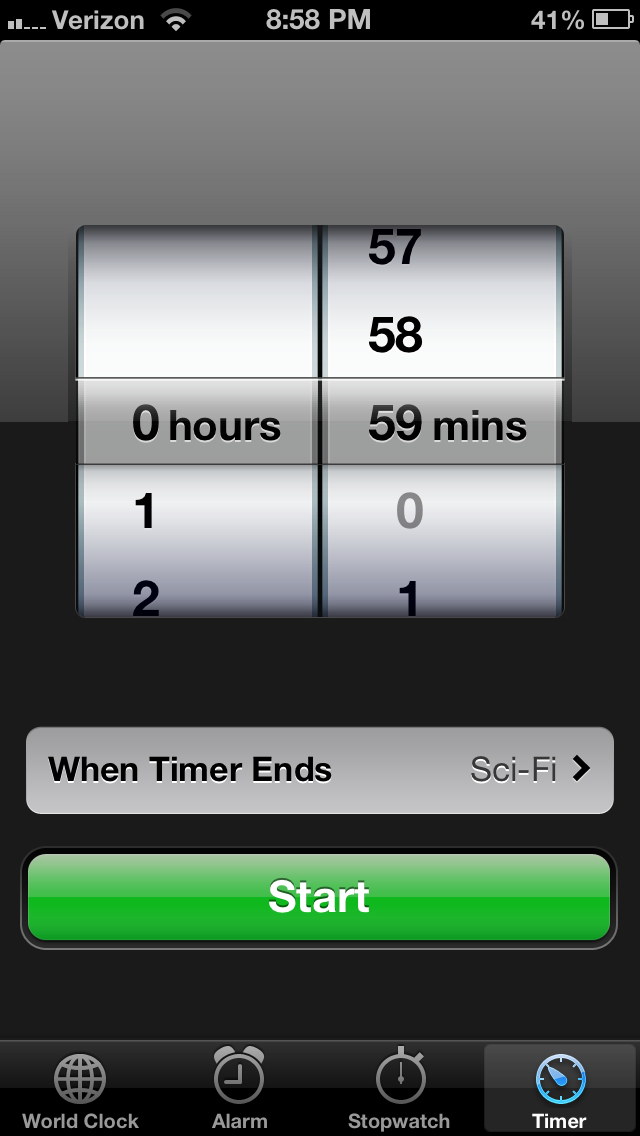No. That is a common
misconception.
 If your baby is able
to sleep in loud, bright places- fantastic, you have an easier baby than some
others. It's fine. If you struggle to get your baby to sleep, that is a
different story. A baby sleeps easier in a completely dark room. Just like
adults. Especially after the vision changes and they can see farther across the
room. The lights from a night light, window, baby monitor are all distracting
and stimulating..."What's that bright thing?" Moms who notice the
baby is staring at them through the monitor, that baby is captivated by the
little light on the camera. Once your baby is a good sleeper, then you can
introduce more challenging sleep situations. They are likely going to be much
more flexible. Nights and Naps are different and one can never get it as dark
for a nap as you can for the night but any darker that you can get it, is
likely going to help. Your body has a circadian rhythm, (a clock) which drives
the need for sleep. It is reset each day by light exposure starting
around 4 months old. It's essential that we experience a regular light dark
cycle in order to maintain appropriate sleep at night. That's not saying
we need to nap in the light. During daytime waking hours, be in the light
starting with light exposure first thing. During naps and night time,
stay in the dark. This means that if your baby wakes up at night, try to keep
him in the dark or very low light.
If your baby is able
to sleep in loud, bright places- fantastic, you have an easier baby than some
others. It's fine. If you struggle to get your baby to sleep, that is a
different story. A baby sleeps easier in a completely dark room. Just like
adults. Especially after the vision changes and they can see farther across the
room. The lights from a night light, window, baby monitor are all distracting
and stimulating..."What's that bright thing?" Moms who notice the
baby is staring at them through the monitor, that baby is captivated by the
little light on the camera. Once your baby is a good sleeper, then you can
introduce more challenging sleep situations. They are likely going to be much
more flexible. Nights and Naps are different and one can never get it as dark
for a nap as you can for the night but any darker that you can get it, is
likely going to help. Your body has a circadian rhythm, (a clock) which drives
the need for sleep. It is reset each day by light exposure starting
around 4 months old. It's essential that we experience a regular light dark
cycle in order to maintain appropriate sleep at night. That's not saying
we need to nap in the light. During daytime waking hours, be in the light
starting with light exposure first thing. During naps and night time,
stay in the dark. This means that if your baby wakes up at night, try to keep
him in the dark or very low light.
Erin Flynn-Evans (PhD
in sleep and circadian physiology) says "the bright daytime sun is quite
able to invade a napping child’s room during the day. There isn’t a circadian need
to have a dark room during the day, however, in order to avoid an
inappropriately short nap it is absolutely key that a napping child’s room is
cool, dark and quiet. A dark room can mean the difference between a 30 minute
nap and a two hour nap. If your child only gets a 30 minute nap, but really
needs a two hour nap, everyone will pay the price. An unrested child will have
more difficulty going to sleep at night, will wake up more frequently during
the night, and will exhibit negative behaviors such as crankiness and
inappropriate reactions to situations while awake."
A dark room helps
your baby sleep longer. Once your baby has good sleep skills, they are
likely going to be more flexible to unusual situations like hotel
rooms, air planes, and restaurants. I have seen this happen over and
over again. A mom tells me her child won't sleep longer than 30 minutes.
The first thing I want to know is where the baby is napping? Often
the answer is in a playpen or a swing in the living room. TV on, toddler
playing nearby. I suggest she try putting the play pen or the swing in
the baby's room where it is dark and quiet and see if that helps. It
usually does. That may not be all she needs to do but it's a good start.
You nap and sleep
better in a dark, quiet room. It's the same for your baby.
I believe in using
evidenced based methods that are gentle and backed by science. If you
need sleep help, sleep consultations offered in person and over the phone.
Contact me for a free 15 min sleep assessment. I work with families with babies over 4 months old.
Tracy Spackman
Certified Gentle
Sleep Coach









.JPG)





